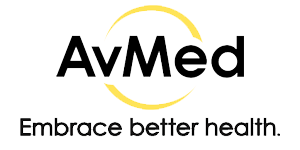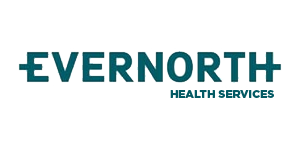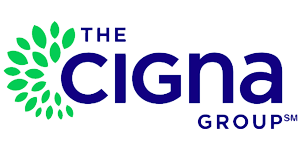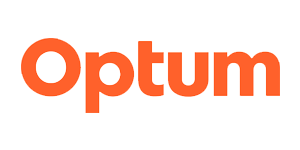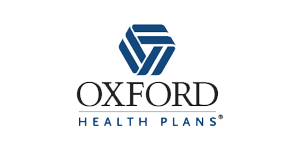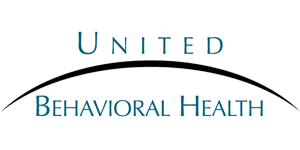The Role of Nutrition in ADHD Management: What You Need to Know
Aug 30, 2023
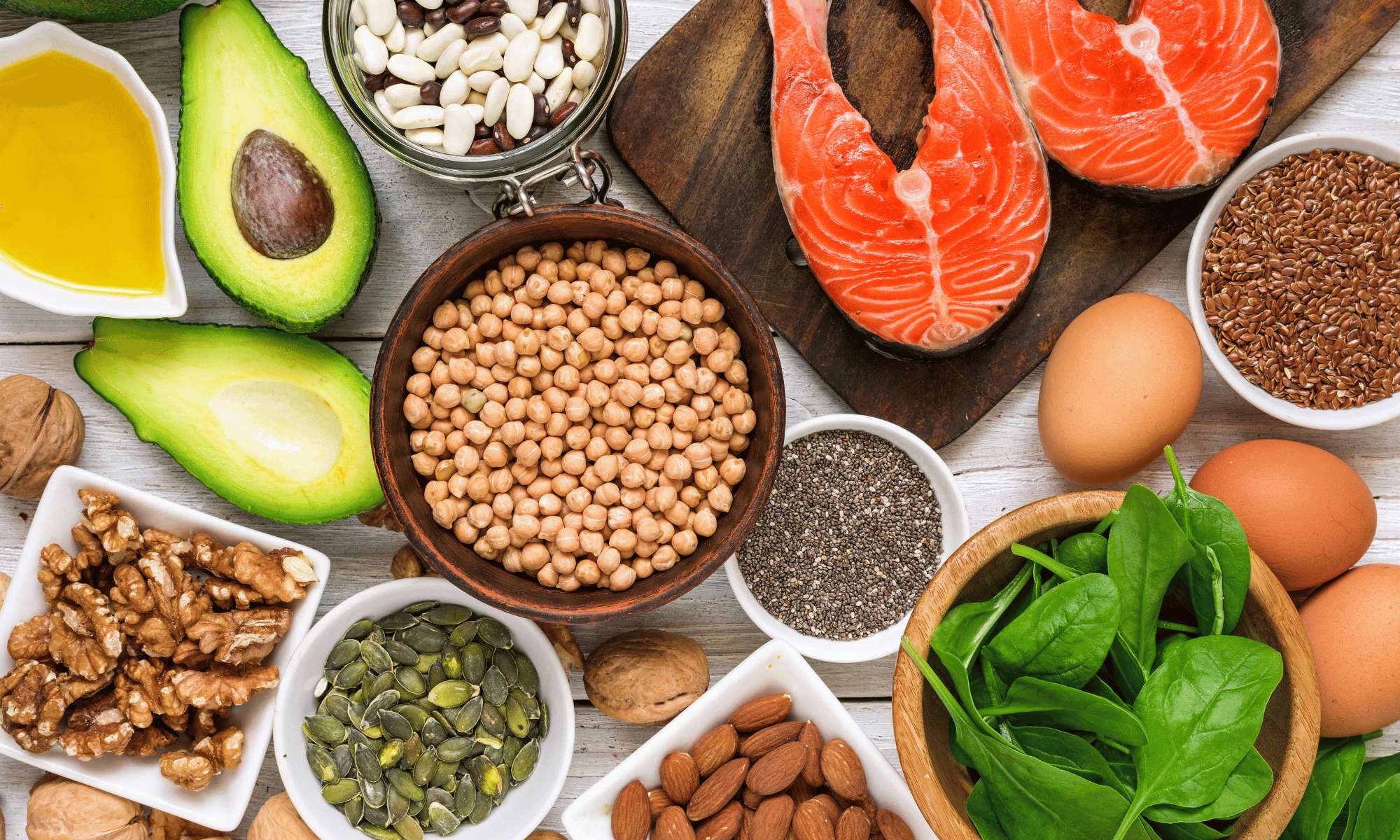
Introduction
In a world that’s constantly buzzing with distractions and demands, individuals with Attention-Deficit/Hyperactivity Disorder (ADHD) often find themselves facing unique challenges. While traditional approaches to managing ADHD often involve therapy and medication, there’s a growing body of research that suggests that nutrition plays a significant role in ADHD management. In this article, we’ll delve into the connection between nutrition and ADHD and explore what you need to know to support your journey towards better mental well-being.
The Link Between Nutrition and ADHD
Nutrition doesn’t just affect our physical health; it also has a profound impact on our cognitive function and mental well-being. The brain relies on a complex interplay of nutrients to function optimally, and imbalances in these nutrients can potentially contribute to ADHD symptoms.
- Omega-3 Fatty Acids: These essential fats are known for their role in brain health. Studies have shown that omega-3 supplementation can have a positive impact on ADHD symptoms, particularly in children. Foods rich in omega-3s include fatty fish (like salmon and mackerel), flaxseeds, and walnuts.
- Protein: A diet rich in lean protein sources can help stabilize blood sugar levels and provide a steady supply of amino acids, which are the building blocks of neurotransmitters. These neurotransmitters play a crucial role in mood and focus regulation.
- Micronutrients: Nutrients like iron, zinc, magnesium, and vitamin B6 are essential for neurotransmitter production and overall brain function. Deficiencies in these micronutrients have been linked to worsening ADHD symptoms.
- Sugar and Artificial Additives: High sugar consumption and certain artificial additives have been associated with increased hyperactivity in some individuals with ADHD. Avoiding processed foods and sugary snacks can help regulate energy levels and improve focus.
The Gut-Brain Connection
Emerging research suggests that there’s a strong connection between the gut and the brain, known as the gut-brain axis. The health of your gut can influence brain function and vice versa. A balanced and diverse gut microbiome is associated with better mental health outcomes, including reduced ADHD symptoms.
Probiotics, which are beneficial bacteria found in fermented foods like yogurt, sauerkraut, and kefir, can help support a healthy gut microbiome. Prebiotic-rich foods such as garlic, onions, and bananas provide the nourishment these probiotics need to thrive.
Practical Tips for an ADHD-Friendly Diet
- Prioritize Whole Foods: Build your diet around whole, unprocessed foods. Fresh fruits, vegetables, lean proteins, whole grains, and healthy fats should form the foundation of your meals.
- Balance Macronutrients: Aim to include a source of protein, healthy fat, and complex carbohydrates in each meal. This balance can help maintain stable blood sugar levels and support sustained focus.
- Include Omega-3s: Incorporate fatty fish, chia seeds, flaxseeds, and walnuts into your diet to ensure you’re getting a good dose of omega-3 fatty acids.
- Minimize Sugar and Additives: Reduce your intake of sugary snacks, sodas, and foods with artificial additives. Opt for natural sweeteners like honey or maple syrup when needed.
- Experiment Mindfully: Everyone’s body responds differently to various foods. Keep a food diary to track how different meals affect your mood and focus. This can help you identify specific triggers or beneficial foods.
Conclusion
While nutrition is not a replacement for conventional ADHD treatments, it can certainly play a supportive role in managing symptoms and promoting overall well-being. By adopting a diet rich in brain-nourishing nutrients, you can take proactive steps toward better mental health. Remember, making sustainable dietary changes takes time, so be patient with yourself and work closely with healthcare professionals to tailor your nutrition plan to your individual needs. Your journey to a healthier mind starts with the choices you make at every meal.
In conclusion, if you’re interested in understanding the pivotal role of nutrition in effective ADHD management and want personalized guidance, it’s advisable to consult your doctor or a healthcare professional. When you’re ready to take proactive steps toward optimizing your nutrition for ADHD, schedule a free consultation with us. Our experts are here to support you on your journey. Click here to initiate your path toward improved ADHD management through mindful nutrition.
Recent Blogs
-
 The Art of Relaxation: Creative Outlets for Easing Anxiety
The Art of Relaxation: Creative Outlets for Easing Anxiety -
 Overcoming Panic Attacks: Practical Tips for Regaining Control
Overcoming Panic Attacks: Practical Tips for Regaining Control -
 Cultivating Resilience: Building Coping Skills to Face Anxiety
Cultivating Resilience: Building Coping Skills to Face Anxiety -
 Nature Therapy for Anxiety: Connecting with the Outdoors for Healing
Nature Therapy for Anxiety: Connecting with the Outdoors for Healing -
 Social Anxiety: Strategies for Navigating Social Situations with Confidence
Social Anxiety: Strategies for Navigating Social Situations with Confidence -
 Nutrition for Nerves: Foods That Soothe Anxiety Symptoms
Nutrition for Nerves: Foods That Soothe Anxiety Symptoms -
 Cognitive-Behavioral Therapy for Anxiety: Rewiring the Anxious Mind
Cognitive-Behavioral Therapy for Anxiety: Rewiring the Anxious Mind -
 Mindfulness Meditation for Anxiety Relief: Techniques to Try Today
Mindfulness Meditation for Anxiety Relief: Techniques to Try Today -
 The Power of Breath: Using Breathing Techniques to Reduce Anxiety
The Power of Breath: Using Breathing Techniques to Reduce Anxiety -
 Exploring Herbal Remedies for Supporting Mental Wellness
Exploring Herbal Remedies for Supporting Mental Wellness


